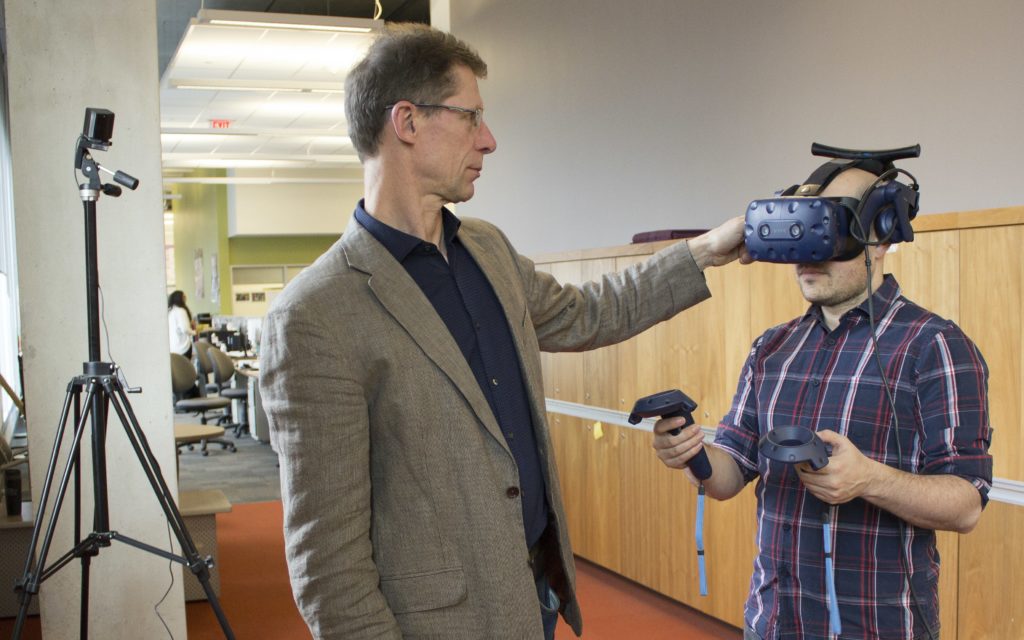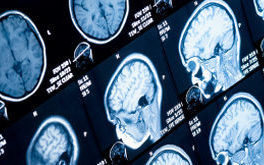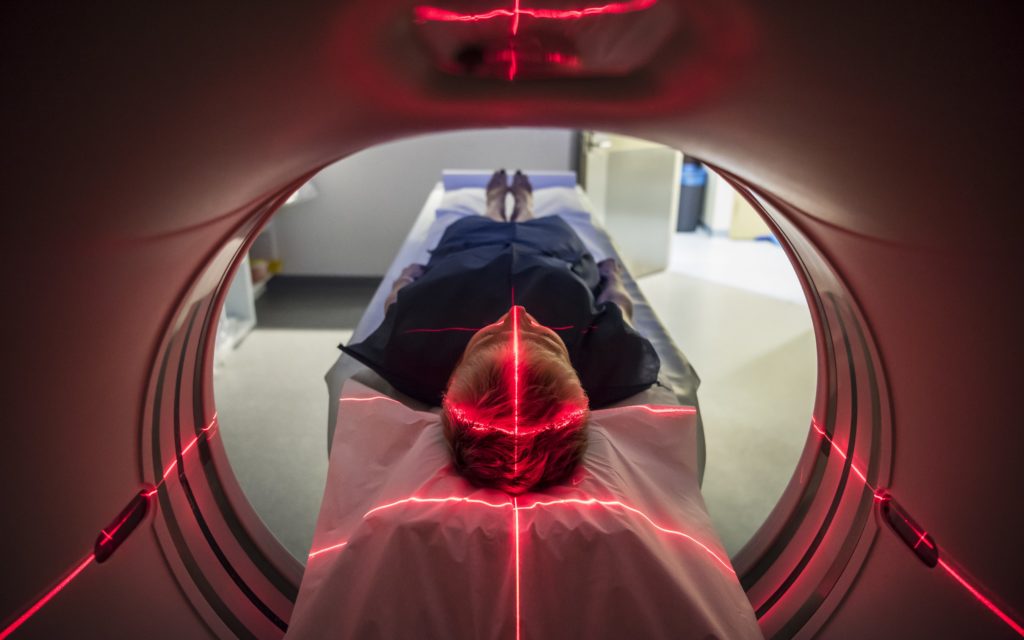


All first year students take the same core courses, including the keystone course Frontiers in Neuroscience. Second year students take a broad array of neuroscience courses. In third year, students develop their understanding by choosing courses from the three specialization streams (cellular/molecular, cognitive/ behavioural, or systems neuroscience), and put it all together with a stimulating, research-based capstone course in fourth year.
The interdisciplinary nature of York’s program gives students access to renowned researchers working in many different areas of neuroscience. The program’s small size encourages collaboration among students, faculty members, and community practitioners as they investigate the development, structure, and function of the nervous system including the ways it can change – whether naturally or through human intervention.
York University’s interdisciplinary Bachelor of Science (BSc) Specialized Honours Program in Neuroscience provides students with:
- Comprehensive and advanced exposure to the breadth and depth of neuroscience taught by award-winning, internationally recognized researchers.
- An undergraduate path into medical school or graduate studies (MSc, PhD)
- Preparation for neuroscience- related careers in research institutes, universities, health care, and industry.
How to Apply
When applying through the Ontario Universities’ Application Centre (OUAC), students can choose one of three entry pathways:
- Neuroscience – Kinesiology & Health Science BSc (Faculty of Health)
- Neuroscience – Psychology BSc (Faculty of Health)
- Neuroscience – Biology BSc (Faculty of Science)
Students are strongly advised to select only one pathway, since the entry requirements and standards are identical for all three. Students with the strongest transcripts are selected for the Neuroscience program regardless of the pathway selected. Students should choose the pathway that appeals most to their interests.
Sample Courses
- Frontiers of Neuroscience
- Fundamental Molecular and Cellular Neuroscience
- Systems, Behavioural and Cognitive Neuroscience
- Neural Basis of Behaviour
- Functional Neuroanatomy
- Biology I - Cells, Molecular Biology and Genetics
- Biology II - Evolution, Ecology, Biodiversity and Conservation Biology
- Mathematics I and II for the Biological and Health Sciences
Experiential Education in the Neuroscience Program
The program emphasizes hands-on learning and uses methods of assessments that match these experiences, such as interviews, case-studies/simulations, team critical reflections, and an independent or team-based capstone project. Experiential education is woven into York’s Neuroscience program.
Neuroscience Capstone Experience
Each student’s program will culminate in the completion of the Neuroscience capstone experience – either conducting an individual research project or participating in a team-based research project. Regardless, students will complete a project that has direct relevance to current research in neuroscience, whether on campus or with an industry or hospital partner. Examples of the kinds of capstone research experience include:
- The roles of genetics and the environment on autism
- How the brain plans actions in three-dimensional space
- The visual system’s role in outer space
- Reality check: What the senses tell the brain about the world
- Smart synapses: The making and breaking of memories
- The cellular and molecular basis of brain disorders
Please note that while the capstone experience is guaranteed, participation and the nature of the experience will vary depending on the projects, researchers, and partners available at the time.
Photos courtesy of York University's VISTA program.
Careers in Neuroscience
- Physician/Medical Specialist*
- Health care manager
- Research assistant/associate in academia, health care, industry
- Rehabilitation counsellor
- Disability case manager
- Community program coordinator
- Clinical data collector
- Laboratory assistant/technician
- Regulatory affairs specialist
- Medical devices sales associate
- Patient care assistant
- Professor/Teacher*
- Science editor/writer
- Science technician
* with further postgraduate training
